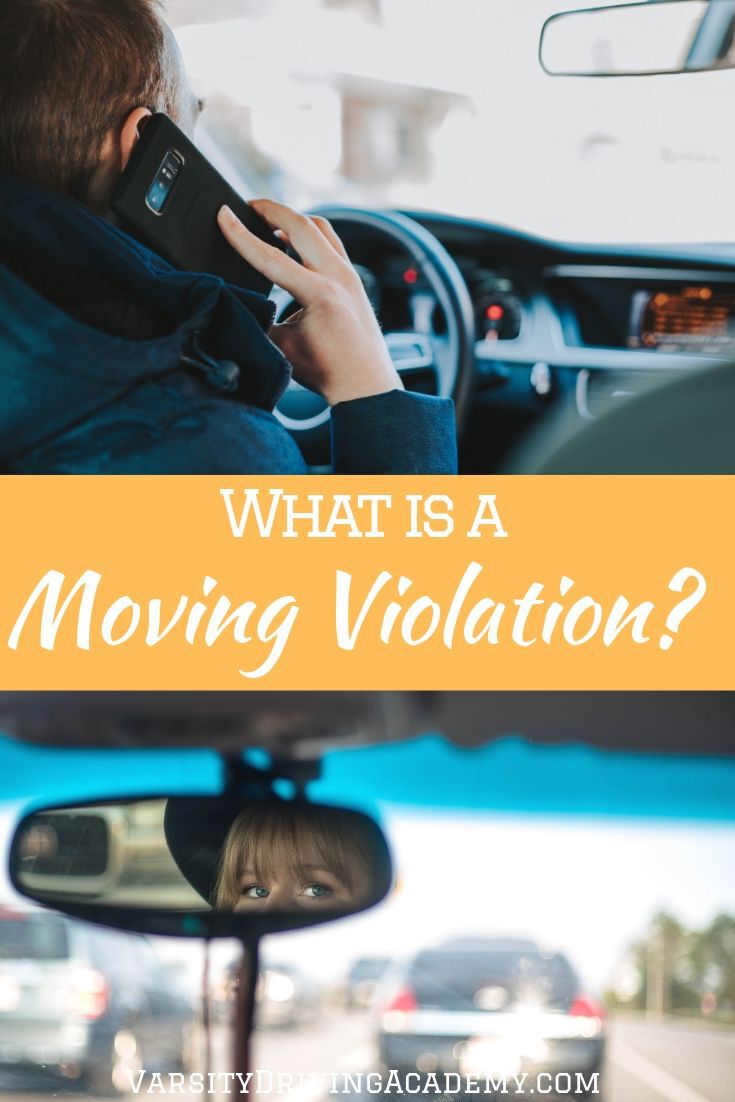What is a Moving Violation?
There are many different reasons people get a ticket and the most common ones have to do with driving. It is important to follow the rules of the road that have been set by the government in order to protect you. But when someone isn’t following the law, it is possible for them to get a ticket for a moving violation. So what is a moving violation and how can you avoid getting a ticket for it?
What is a Moving Violation?
Discover what is a moving violation so you can be sure that you don’t get a ticket for one the next time you get behind the wheel. There are two types of driving violations that can get you a ticket a moving violation and a non-moving violation. Each type of violation has a range of seriousness to them from serious to very serious. Driving laws have been set to protect you and others from getting hurt. If a violation, whether moving or non-moving violation occurs, it can be dangerous and you are potentially putting people at risk. This is why it is important to follow the laws at all times, even if you think you’re the only person on the road.
What is a Moving Violation?
A moving violation is a violation that occurs while the car is in motion. Some examples of a moving violation include running a stop sign, speeding, or even making a right turn when there are people in your half of the crosswalk. A moving violation is a violation that occurs while the car is in motion. Camera tickets, tickets issued if you run a red light with a camera or not wearing your seatbelt while driving are non-moving violations. The most common moving violations include speeding, failure to stop, failure to yield, careless driving and reckless driving.
What is a Non-Moving Violation?
A non-moving violation is a driving violation that occurs while the car is not in motion. Expired registration, no insurance, maintenance issues or parking violations are examples of a non-moving violation. It is important to make sure you don’t break the law no matter what type of violation. Even non-moving violations should be avoided when no one else is around.
Moving Violation Effects
A moving violation has certain effects on your driving record, license and even your insurance. Most states have a point system which means certain violations could result in a point on your license. Your driver’s license can get revoked if you have too many points on your license. Some violations even come with multiple points depending on the seriousness of the violation. Points usually stay on your record for 2-5 years. Insurance companies may also raise rates if you have a moving violation. The reason rates could go up is because a moving violation shows that you are a high-risk driver. There are other reasons insurance rates can go up and it is important to avoid that since in California, auto insurance is mandatory.





